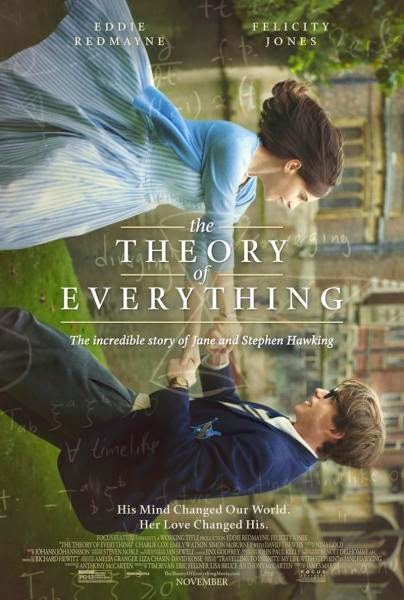I’ve struggled quite a bit with the not necessary competition between The Lord of the Rings and The Hobbit trilogies brought about by fans. That’s great that you like one of them more than the other. For me, I just think it’s awesome that we have six epic middle Earth movies. The final chapter, taking place in the middle chronologically, is The Hobbit: The Battle of the Five Armies. The title describes the plot pretty well. Thorin Oakenshield (Richard Armitage) and the company of Dwarves reclaim the Lonely Mountain after the dragon, Smaug (Benedict Cumberbatch), leaves to destroy nearby Lake Town. But once word of the dragon leaving gets around, a bunch of different people want the mountain that happens to be a strong strategic location. It’s also filled with gold, so people want that too.
Aesthetically, director Peter Jackson and his crew have the look of these movies down to a science. The sweeping New Zealand landscapes with varying terrains are the best backdrops in film. As for the effects, they look great on the big screen. But throughout this trilogy there have been a number of moments where the advanced technology brings about visuals that seem over-the-top. I’m looking at you giant unnecessary were-worms.
The story develops relatively slowly in the film since they stretched the plot to cover three movies. This allows for more back story and Easter eggs for fans of Tolkien. After the very calculated and serious tone of The Lord of the Rings, I think that these new films were the right place for those details. But a casual moviegoer without much interest in the mythology probably didn’t need all the side stories. The acting was pretty steady throughout. Martin Freeman’s turn as Bilbo is the most successful of all Hobbits throughout the series. He does really well layering the positive and negative aspects of the title character. Ian McKellan is also given his chance to end the series on a high note. A battle between the White Council and Sauron had the nerds in the theater foaming at the mouth (myself included.) But he also gets some great dialogue to go next to his fighting in the massive battle.
Ultimately, the main criticism with the film is that it is made up of a fight with the dragon, which is followed by one big battle. Looking at the trilogy as one story makes this fact easier to understand. But if you don’t enjoy watching the battle strategies of dwarves and elves, this may not be the best film for you. As for me, I look forward to the extended cut with more nerdy goodness.
Each film earns either zero, a half or a full arrow in five categories. The categories are Acting, Writing/Directing, Emotion, Innovation and Overall Impression. The arrows are added up to equal the full score.


